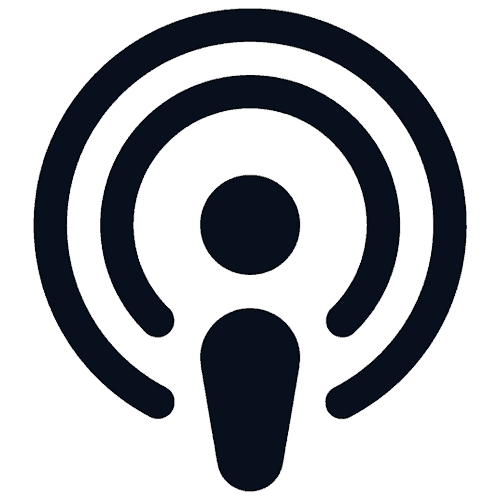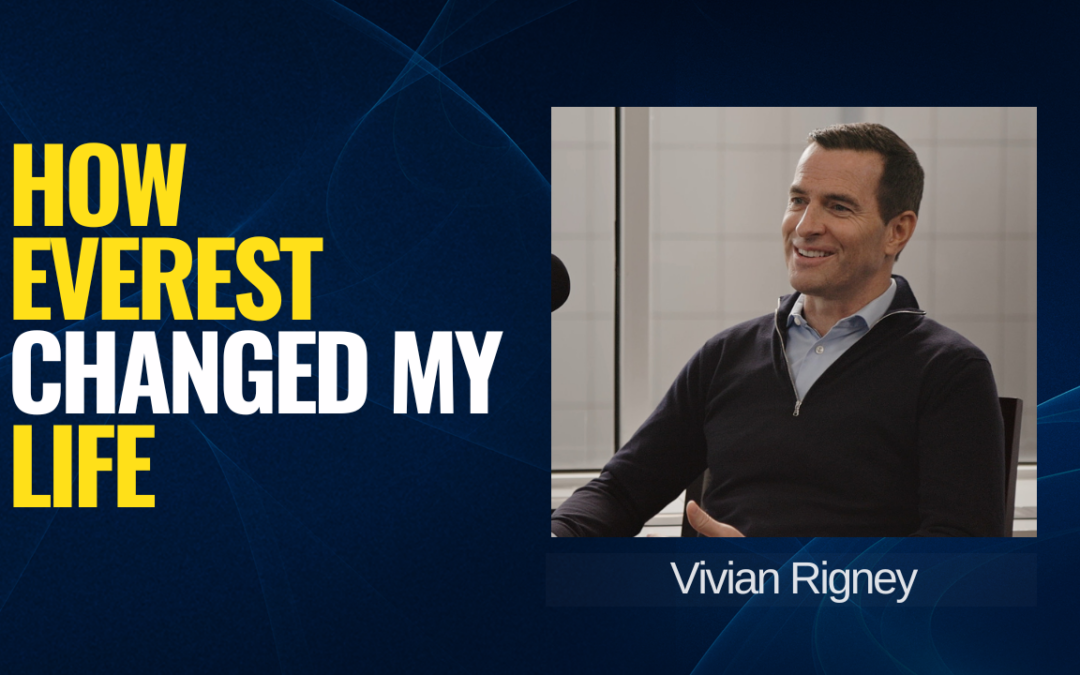Alex Edmans, author of May Contain Lies, is a renowned finance professor at London Business School. A former professor at Wharton, he has spoken at the World Economic Forum in Davos, and over two million people have viewed his TED Talk. In this conversation, he and Owen Fitzpatrick explore critical thinking, cognitive biases, and practical frameworks for making better decisions.
Key Biases Discussed
- Confirmation Bias
- Three forms:
- Biased Search: Seeking info that aligns with existing beliefs.
- Naive Acceptance: Accepting agreeable data uncritically.
- Blinkered Skepticism: Dismissing inconvenient truths.
- Biased Search: Seeking info that aligns with existing beliefs.
- Three forms:
- Black-and-White Thinking
- Binary thinking simplifies decisions but limits nuance.
- Often driven by the brain’s need to conserve energy.
- Binary thinking simplifies decisions but limits nuance.
Motivated Reasoning
- People rationalize beliefs to feel certain rather than accurate.
- Recognize the dopamine/amygdala response to info we like or dislike.
- Use techniques like “imagining the opposite” to challenge personal bias.
Practical Strategies for Leaders
- Invite dissent intentionally to avoid groupthink.
- Build a learning culture:
- Alfred Sloan delayed decisions when no objections arose.
- Tom Garrity publicly invited criticism.
- Alfred Sloan delayed decisions when no objections arose.
- Adopt Red Teaming: Proactively stress-test decisions.
Truth & Interpretation
- Objective truths are rare; most “facts” are interpretations.
- Example: Climate change policies require balancing trade-offs like development needs.
Breaking Black-and-White Thinking
- Moderation: Good things are good only to a point.
- Granularity: Distinguish between “good” and “bad” subtypes.
- Marbling: Some issues contain both positive and negative aspects simultaneously.
Ladder of Mis-Inference Framework
- Statement ≠ Fact: May lack evidence (e.g., opioid crisis origins).
- Fact ≠ Data: May not be representative.
- Data ≠ Evidence: Correlation ≠ causation.
- Evidence ≠ Proof: Context-specific, not universal truth.
Alex Edmans — https://alexedmans.com/
May Contain Lies: How Stories, Statistics, and Studies Exploit Our Biases — And What We Can Do About It by Alex Edmans
Podcast: Play in new window | Download






